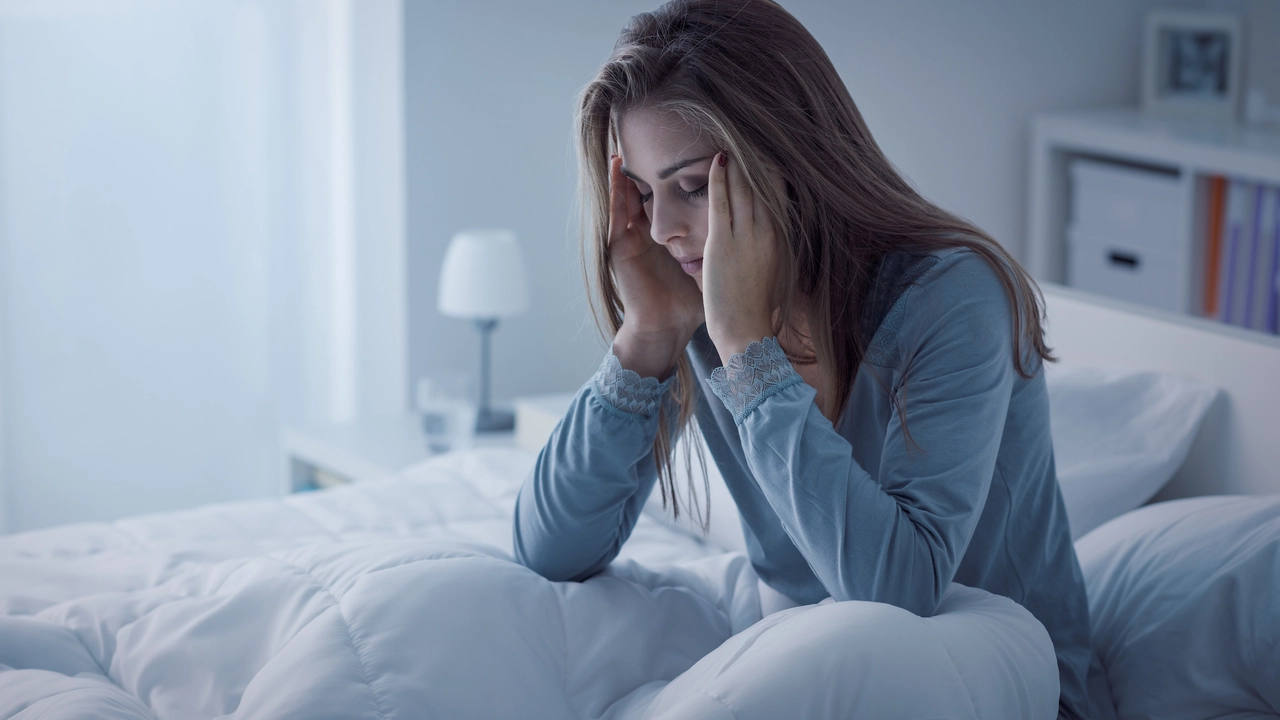Sleep disorders: what they are and how to start fixing them
Trouble sleeping is more than a bad night. When sleep problems repeat, they change mood, focus, and health. This page groups practical info on common sleep disorders, clear signs to watch for, and simple steps you can try tonight. You’ll also find related articles on medications that change sleep, like our piece on "Atomoxetine and Sleep."
Common sleep problems and what they look like
Insomnia: you have trouble falling asleep, wake up too early, or don’t feel rested. It can be short-term (stress, travel) or chronic. If it lasts weeks and affects daytime life, it’s worth getting help.
Sleep apnea: loud snoring, choking or gasping at night, and daytime sleepiness are big clues. Apnea can raise blood pressure and cause heart problems if left untreated.
Narcolepsy: sudden sleep attacks, cataplexy (brief muscle weakness), and vivid dreams at sleep-wake transitions. This is less common but very disabling without treatment.
Restless legs syndrome (RLS): an urge to move your legs, often worse at night and when resting. Moving helps briefly, but sleep suffers.
Practical steps you can try tonight
1) Fix one thing at a time. Start with a consistent bedtime and wake time—even on weekends. Your body loves routine.
2) Control light. Bright morning light helps wake you. At night, dim lights and cut screens 60–90 minutes before bed. Blue light tricks your brain into staying alert.
3) Watch caffeine and alcohol. Skip caffeine after mid-afternoon. Alcohol may help you fall asleep but fragments sleep later in the night.
4) Move daily. A 20–30 minute walk in daylight helps sleep. Avoid intense workouts right before bed.
5) Make the bedroom work for sleep. Cool, quiet, and dark is the goal. Use earplugs or a fan if noise is an issue.
6) Nap smart. Keep naps under 30 minutes and avoid late-afternoon naps if you have trouble sleeping at night.
7) Try a sleep diary. Track bedtimes, wake times, caffeine, naps, and mood for 2 weeks. That gives useful clues you can share with a clinician.
Medications and sleep: many drugs change sleep quality. ADHD meds, some antidepressants, and seizure or mood meds can cause insomnia or vivid dreams. Our site has posts like "Atomoxetine and Sleep" and articles on Depakote and Tranylcypromine that explain these effects and tips for talking with your prescriber.
When to see a doctor: if you snore loudly and wake gasping, fall asleep during the day often, or your sleep problems last several weeks and hurt work or relationships, get evaluated. Sleep tests, medication review, or simple therapies like cognitive behavioral therapy for insomnia (CBT-I) can make a big difference.
Want more? Browse the sleep-related posts on this tag to read specific drug guides, safety notes, and deeper how-tos. Start with a small change tonight—sleep often improves step by step.

Bimatoprost and Sleep: Is There a Link?
- by Colin Edward Egan
- on 1 Jul 2023
In my latest blog post, I delve into the potential connection between Bimatoprost, a common medication used for glaucoma and eyelash growth, and sleep. I've explored studies that suggest Bimatoprost may have an impact on our sleep cycles, with some people reporting changes in their sleep patterns. It's a fascinating topic, especially for those using or considering the use of this medication. However, it's important to note that more research is needed to fully understand this potential link. So, stay tuned as I continue to keep an eye on this intriguing subject!
